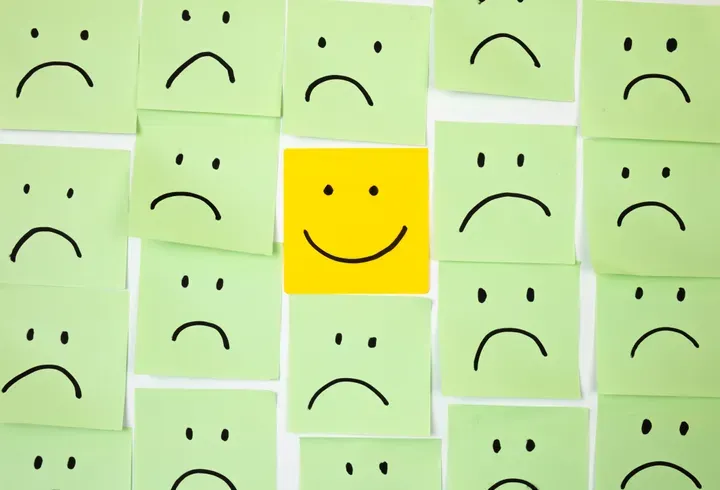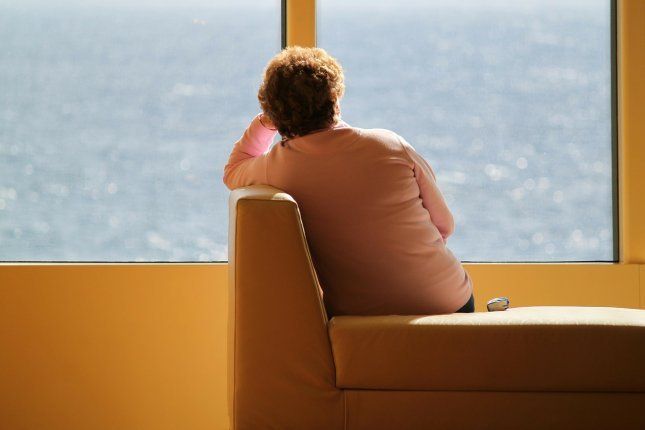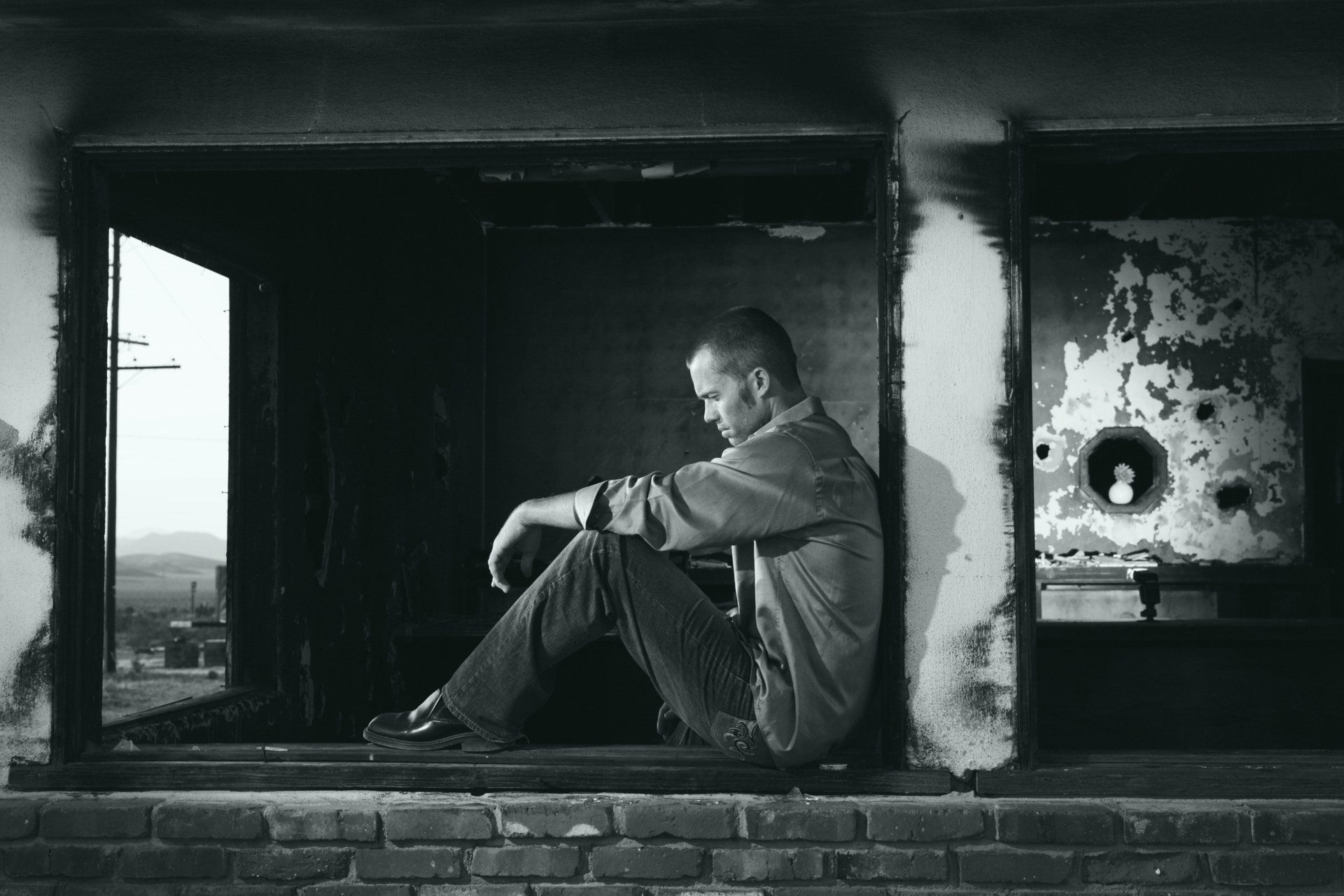22 Tiny Mental Health Habits That Can Improve Your Life In 2022

Self-care won't solve every problem, but these quick and easy activities may at least bring some happiness to your day.
Another roller coaster year is coming to an end, and the lingering effects of the ongoing COVID-19 pandemic have certainly taken a collective toll on our mental health.
There’s no way to know what 2022 has in store for us, nor can self-care erase the grief, trauma or other challenges we may have endured over the last 12 months. But as we look toward the new year, we can adopt healthy new habits to help incrementally improve our days, even if just for a moment. Sometimes, that’s more than enough.
Below are 22 happiness tips to try in the new year:
Start a gratitude journal.
This only takes a few minutes. Recording positive things about your day, whether major achievements or simple pleasures, can reduce stress, improve sleep and even foster better relationships by building a sense of empathy.
“There is no right or wrong way to write a journal, but I recommend that this becomes a daily exercise,” said John Lee, director of clinical psychology at Executive Mental Health.
Lee suggests journaling at the same time each day, whether before dinner or before bed, and identifying at least one item for daily gratitude.
Take five deep breaths.
“Stress has many physical manifestations,” explained Amanda Goldstein, a psychiatrist in California. This can include issues like stomachaches or other digestive problems.
“By changing your breathing pattern, you can trick your brain into suppressing your fight-or-flight sympathetic nervous system and increase your parasympathetic activity, or rest and digest. Not only will this make you feel calmer, but it will also help you digest your lunch better.”
Keep a light therapy lamp on your desk.
“Your circadian rhythm regulates your sleep-wake cycle, which affects bodily functions and behavioral responses,” Goldstein said. “Exposure to sunlight, especially first thing in the morning, helps keep your clock on time. Since most of us work indoors, a light therapy lamp serves this purpose and gives a nice boost in energy and mood. And as an added bonus, it provides excellent lighting for video calls.” (Here’s how to use one properly.)
Drink water.
Our bodies are made up of 60% water, yet up to 75% of Americans are chronically dehydrated.
Sara Cullen, founder and CEO of GEM, said drinking enough water daily helps boost her mood. “Water is the essence of us and what we need in order for our micronutrients and functions to operate,” she said.
Label what you’re experiencing.
“Name it to tame it” is a phrase coined by Dan Siegel, a professor of psychiatry at the University of California, Los Angeles School of Medicine, and is often used by other mental health experts.
“If we experience a surge of distress or anxiety, research has demonstrated that merely verbal labeling of our negative emotions can reduce stress by up to 50%,” explained Ariella Morrow, lead physician at Sameday Health.
Turn your skin care routine into a few moments of self-care.
“One of my favorite self-care rituals is taking care of my skin,” said Terrie Absher Kochman, a licensed medical aesthetician and founder of Total Glow MD med spa. “One of the easiest ways to do this is to use a sheet mask once a week. While you wait for the active ingredients to penetrate the skin, light a candle, play some of your favorite relaxing music and either read a book or lay down and let your body be nourished.”
Spend time outdoors.
Even when it’s cold outside, spending time outdoors in nature breathing fresh air is good for the body and mind. Mindfulness in nature can boost your mood and even short walks are better than nothing, and a great break during a stressful work day. Leave your phone at home if you can, so you are more aware of your surroundings.
Spend a few minutes stretching.
“Even if working out is too much for you to commit to, stretching still releases the same endorphins, which decreases a person’s perception of pain,” said Sharonda Brown, a licensed clinical therapist and national board-certified counselor in Ferguson, Missouri. “This includes emotional pain.”
Call or visit a friend.
Be intentional about spending time with the people that matter most. “A good conversation over a cup of coffee can change everything about the day,” Brown said.
Give acupuncture a go.
Studies have shown that acupuncture can help to decrease stress and anxiety. If that isn’t your thing, try another ritual that fits into your routine. It’ll give you a moment to get out of the house and switch up your surroundings.
Ask for help when you’re overwhelmed.
“Asking for help is not a sign of weakness, and people innately want to help one another,” said David Rakofsky, a psychologist and president of Wellington Counseling Group in Chicago. “Ask your in-laws to watch the kids for a few hours outside. Ask your partner to do that chore you put off. Let the restaurant do the cooking for you this once.”
Remind yourself that someone else’s mood is not your responsibility.
“Don’t take things people say or believe personally,” said Andrea Dindinger, a San Francisco-based licensed marriage and family therapist. “It’s not necessary to give people a pass for their bad behavior, but it’s to remember their bad behavior is not about us. When you don’t take on somebody’s mood as something they are doing to you, you’re actually creating more peace in your life and theirs.”
Volunteer (bonus if it’s with animals).
Volunteering has been shown to reduce stress. And according to the Human Research Animal Bond Institute, research has demonstrated human-animal interactions help decrease symptoms of PTSD, depression, anxiety and more.
Plant a garden.
“Gardening helps with mood, concentration and focus,” said Shannon Lawrence, an acupuncturist and yoga instructor in California. “Mental health flourishes when spending time in nature and sunlight while lowering blood pressure and strengthening muscle and body coordination.”
Watch a funny movie.
“If you are having a sad moment or need a boost of energy, watching something funny can be a great pick-me-up,” said LeAnn DeHoff, the clinical director at The Lux Center of Counseling and Education. “Smiling and laughing are positive for your mental health.”
Perform an act of kindness.
“Generosity is key to our positive mental health,” DeHoff said. “An act of kindness towards others may help you understand your own difficulties, increase empathy and gain some perspective.”
Be mindful of your social media use.
“Every client that has become intentional about why and for how long they are on social media experiences a huge decrease in their negative emotions,” said Beth Sherman, a psychologist in Arlington Heights, Illinois. “Most say they feel like a burden has been lifted off of them and that they feel freer.”
If you’re struggling to stay offline entirely (who isn’t?), try using your social media to improve your mood: Limit your viewing to your explore page, watch mindless videos or read funny tweets.
Create a relaxing bedtime routine.
Stress and anxiety are two of the most common reasons for poor sleep. Taking time to unwind ― preferably without your phone for at least 30 minutes before bed ― can help you get a good night’s rest, which in turn improves mood. Read a good book, drink a mug of tea or eat a satisfying dessert, chat with a loved one or do any activity that calms your mind.
Meditate.
Even on the busiest of days, finding just five or 10 minutes to meditate can be beneficial and apps like Calm and Headspace make meditation more accessible than ever. Meditation helps to increase the grey matter in the brain, which helps with mood-related disorders.
Or try a moving meditation.
If sitting still is difficult, try a moving meditation instead. “Both Qigong and Tai Chi are branches of traditional Chinese medicine that involve body postures, movements, rhythmic breathing,” said Gudrun Snyder, an acupuncturist and founder of Moon Rabbit Acupuncture.
Slow walks, yoga and stretching can also be forms of moving meditations as well ― the point is to gently move your body and focus on your breath.
Drink more green tea.
We won’t suggest giving up a beloved cup of coffee for tea, but it might be worth trying to drink more of it during your day. Studies demonstrate that it can reduce anxiety and enhance cognition and focus.
Talk to a therapist.
You don’t need to be in crisis to benefit from therapy. Mental health experts can help you manage stress and find ways to cope with problems that are affecting your daily life. Consider seeking professional support (here’s a guide on how to start, including how to make it more affordable) in 2022 ― it’ll improve your life.
Orange County Psychiatric Associates, in Mission Viejo, works with adolescents, and adults to enable them to live their lives to their fullest. Orange Coast Psychiatric Associates tailors treatments based on the understanding that both body and mind must be treated in order to promote better mental and physical health. Let us help you improve your quality of life with specialized care for you.




